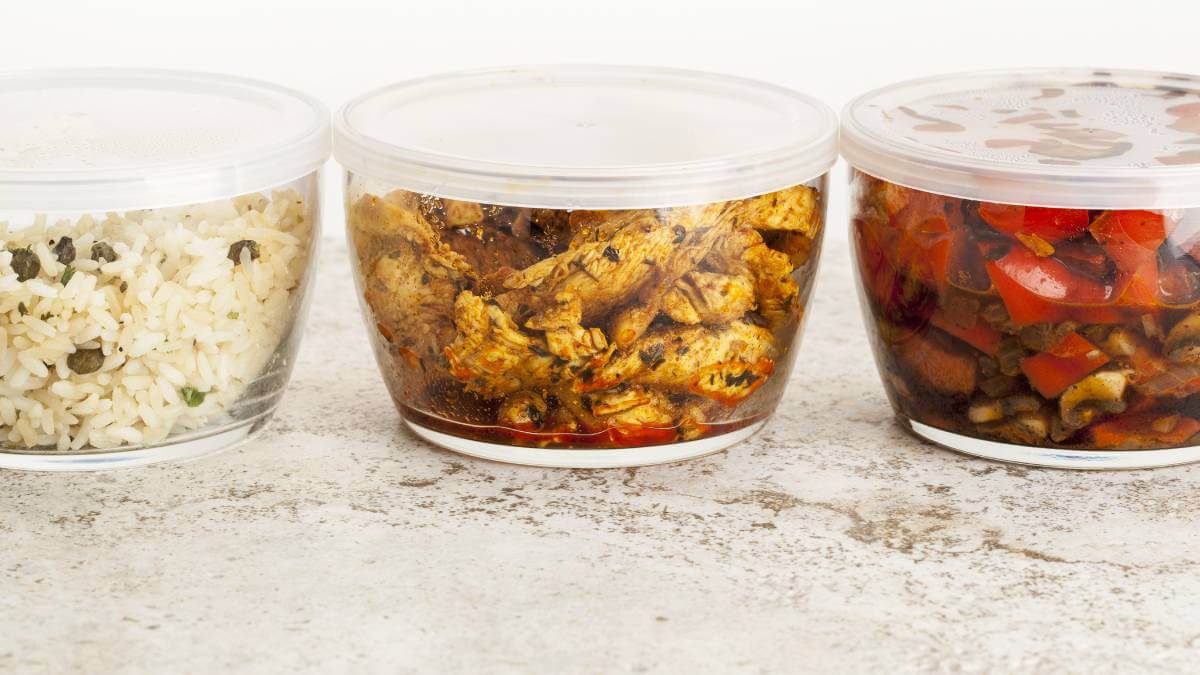It always seemed that saying ‘leftovers are better the next day’ was a way to console ourselves about eating … well … leftovers.
Well rejoice, lovers of leftovers, it turns out it’s true and you can delve into your day-old food with the knowledge you are appreciating new flavour profiles, not just being a cheapskate or food snob.
It turns out many ingredients will break down further after cooking, adding to the taste and mouthfeel with a resulting boost of flavour.
Leftovers work best with wet things – soup, stews and things drenched in sauce. Think about it, a casserole can be reheated to deliciousness in half an hour, but you can never regain the fresh crunch of a schnitzel the next day.
Aussie favourite
Let’s take that Australian favourite spaghetti bolognese as a prime example.
It would be a double whammy of flavour development, according to BBC Science. As well as the gelatin in the meat continuing to break down, adding to the mouthfeel, the tomatoes will also release their flavour best after a long slow cook and marination afterward.
We expect that food stops cooking when we remove it from heat and put it into the fridge. However, there are still chemical processes occurring that continue to change and add to the meal. Basically, it’s a post-marination that continues after you finish cooking.
Adding to the change are flavour molecules that attach themselves to any fats in the dish over time, spreading out over the dish.
Water or liquids in the dish are the same. They will soak up starch, taking dissolved flavour with it, and distributing the taste throughout the dish.
Better than bitter
Oxygen also plays a part. For items high in sulphur, exposure to air will oxidise the item and help it become less bitter.
Foods high in sulphur include alliums – garlic and onions – and cruciferous vegetables – cauliflower, sprouts and the like.
And it is best to heat them up. Human taste receptors are temperature sensitive and are less responsive below 15°C.
Lower temperatures also reduce the volatility of aroma compounds, which in layman’s terms means the food will smell less. This is important because it’s estimated about 85 per cent of what we perceive as flavour is actually smell. So heat it up, as much as you can.
However, it can go the other way. Sometimes reheating food can destroy flavour. Chillis lose a bit of their ‘brightness’ when reheated and some oils can lose their smell. Sesame oil is a prime example. It should be tossed through or poured over a dish just before serving as it can quickly lose all of its smell. No amount of reheating will bring that back.
Although, it has been suggested that a big part of enjoying leftovers is all in the brain. If you enjoyed the meal last night, you would look forward to eating it the next day.
Do you like leftovers? Do you have any particular favourite? Why not share yours with us in the comments section below?
Also read: How long can you keep fresh food?


Curries ALWAYS taste better the next day. 🙂